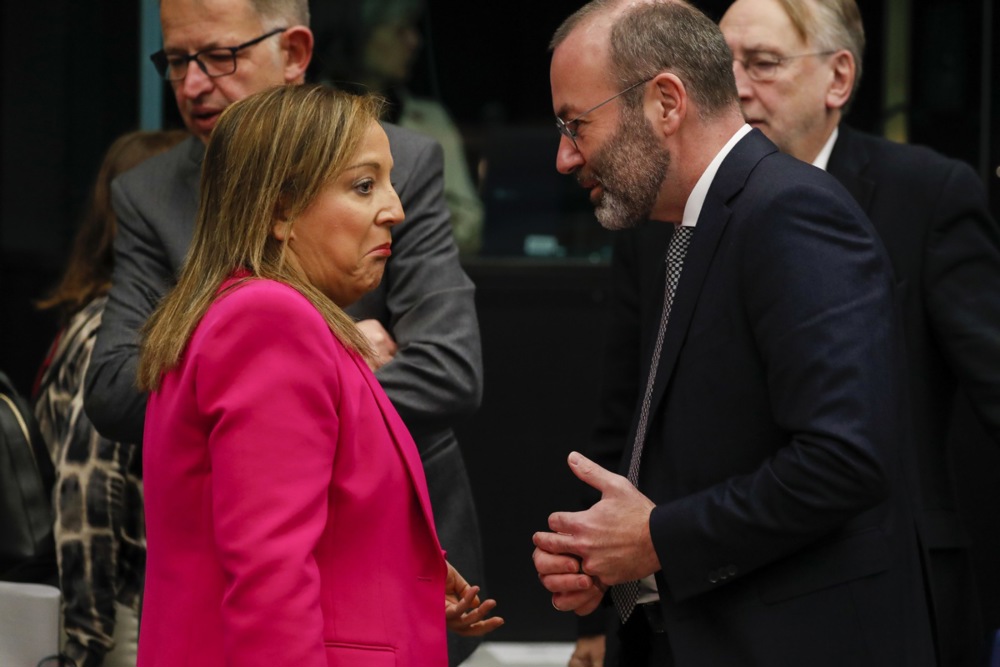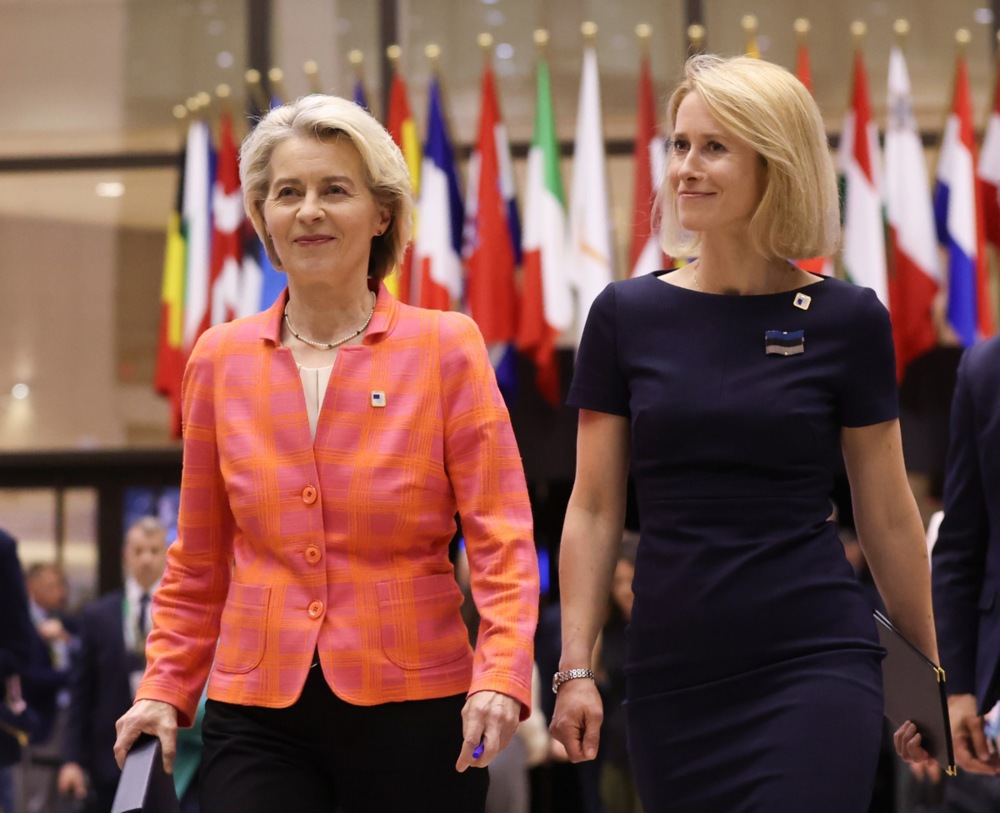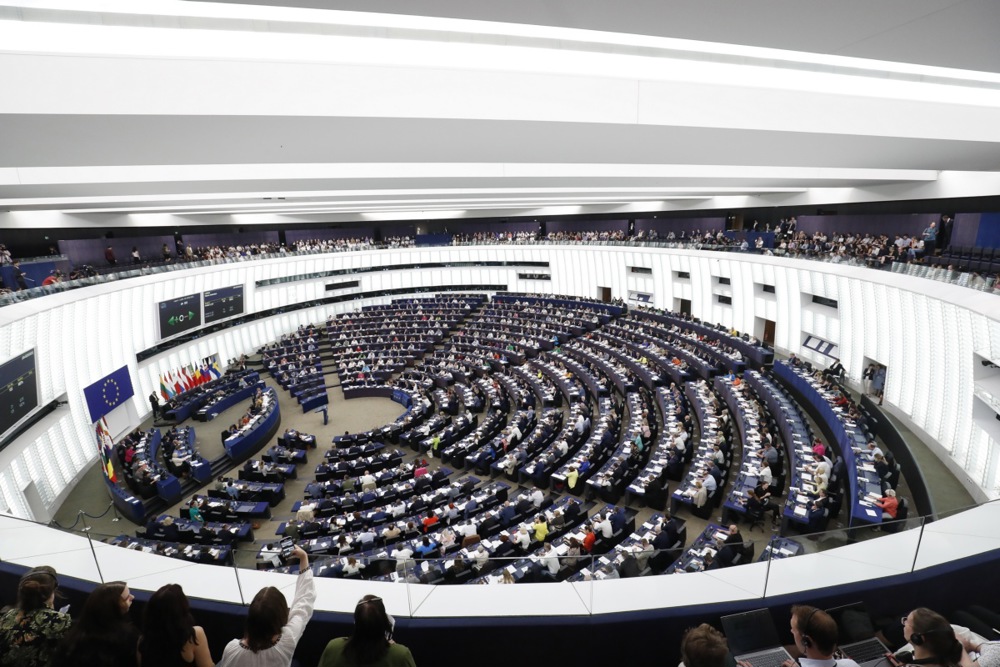The European People’s Party (EPP) and the Progressive Alliance of Socialists and Democrats (S&D) groups in the European Parliament have lost their hegemony in Brussels over the past 15 years. Now that the groups have been formed, EPP will be left with 188 MEPs and S&D with 136 after the June elections.
When taken together, both parties have seen their share of MEPs decline by nearly 150 over the past four elections, with EU voters leaning more and more towards alternative voices.
From 470 seats and 61.36 per cent of the vote in 2009, they won 324 seats — 45 per cent of the total — in the last EP ballot over June 6-9.

One of the reasons for this progressive loss of power was the initial rise of the Liberals (Renew, the successor to ALDE) and the subsequent strengthening of other groups such as the European Conservatives and Reformists (ECR) and the Identity and Democracy (ID) groups.
In the 2014 elections, the EPP remained the largest group in the EP, with 221 seats out of a total of 751.
The Socialists and Democrats (S&D) remained the second-largest group, winning 191 seats, and the Alliance of Liberals and Democrats for Europe (ALDE) managed to win 67 seats, consolidating its position as the third largest group.
The 2014 ballot saw a decline of both the EPP and the S&D, reflecting a growing discontent with the traditional parties.
Thus, there was a notable increase in the number of seats won by parties such as the National Front in France and UKIP in the UK.
In 2019, the EPP suffered another decline, although it remained the largest group in the European Parliament, winning 179 seats.
S&D also saw a reduction in its representation, with 150 seats, but remained the second-biggest in the Parliament.
As for the Renew Europe, largely made up of the former ALDE and French President Emmanuel Macron’s En Marche! party — now called Renaissance — bagged 108 seats, consolidating its position as the third largest force.
In the 2024 elections, the EPP grew slightly to 188 MEPs but the S&D continued to lose ground, falling to 136.
Renew dropped to just over 70 seats after the June vote.
In the EPP, the German CDU party was again the leading force, but in the S&D the German Social Democrat Party (SPD) went from first to third largest, with the Spanish PSOE taking over as group lead.
"Did the European elections shake up the European establishment in a decisive manner?" asks @bogdanosk.
Full article??https://t.co/A0qJz4ndxk pic.twitter.com/2ASpU8875E
— Brussels Signal (@brusselssignal) June 14, 2024





